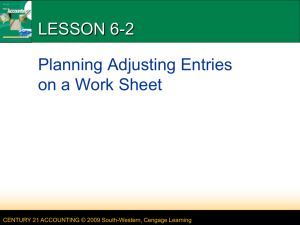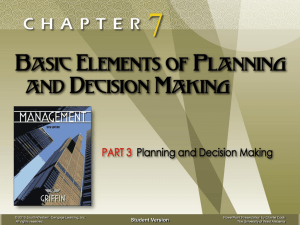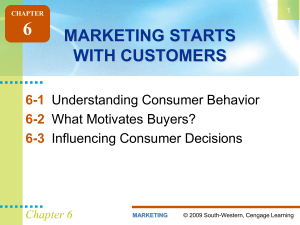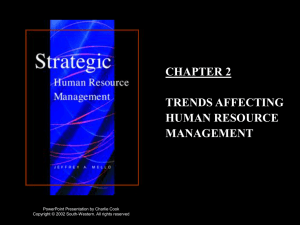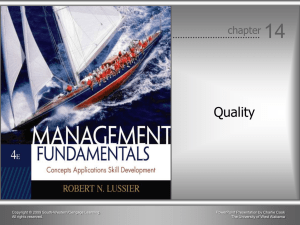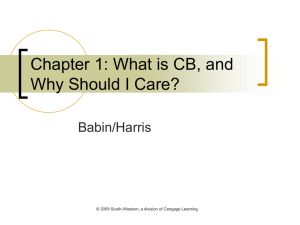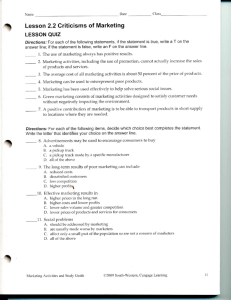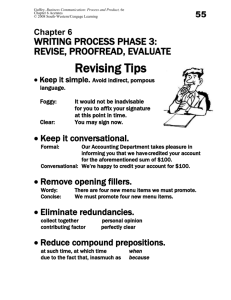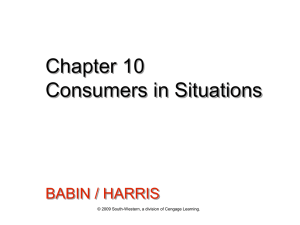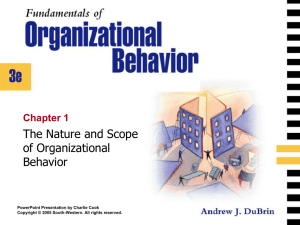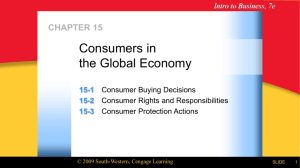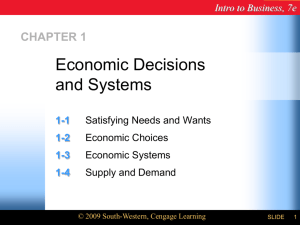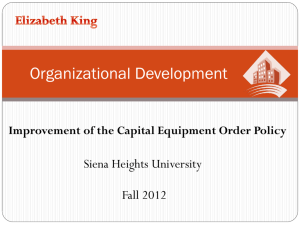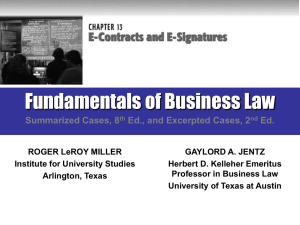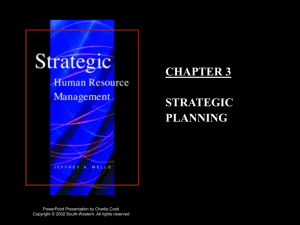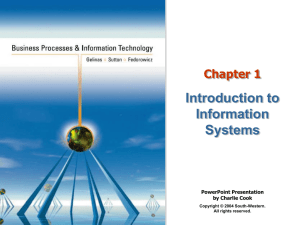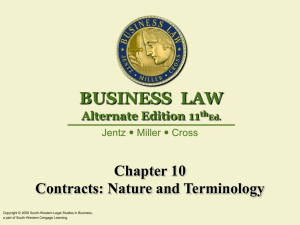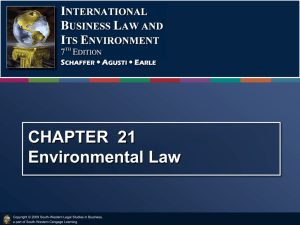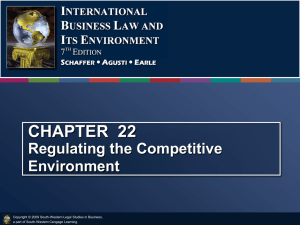Document
advertisement
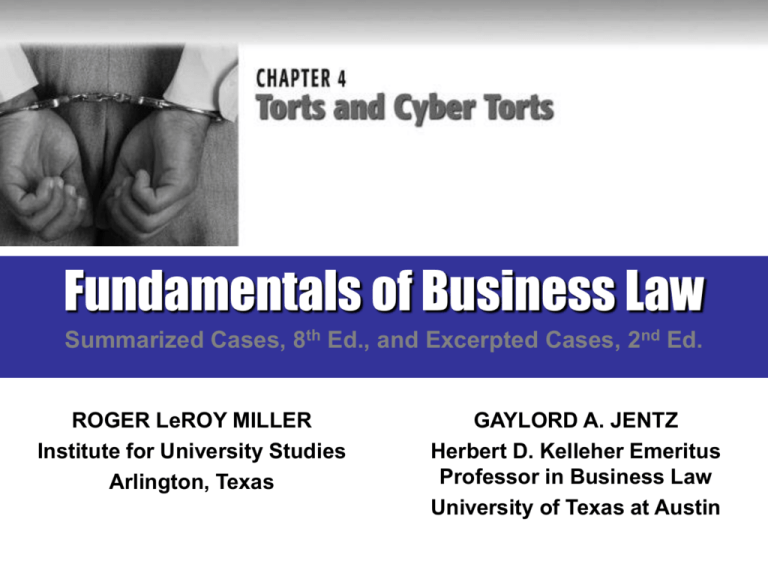
Fundamentals of Business Law Summarized Cases, 8th Ed., and Excerpted Cases, 2nd Ed. ROGER LeROY MILLER Institute for University Studies Arlington, Texas GAYLORD A. JENTZ Herbert D. Kelleher Emeritus Professor in Business Law University of Texas at Austin Intentional Torts Against Persons • Assault and Battery. – Assault: the reasonable apprehension or fear of immediate contact. – Battery: completion (contact) of the assault. – Defenses: • Consent. • Self-Defense and Others. • Defense of Property. Copyright © 2010 South-Western Legal Studies in Business, a part of South-Western Cengage Learning. 2 Defamation • Publication of a false statement as fact (oral or written) that injures a person’s good reputation. – CASE 4.2 Lott v. Levitt, (U.S. District Court, Illinois, 2007). – Third party must hear or see statement. – Statements made on the internet may be actionable. Copyright © 2010 South-Western Legal Studies in Business, a part of South-Western Cengage Learning. 3 Intentional Torts Against Persons • Fraudulent Misrepresentation. – Intentionally deceive another to believe in a condition that is different from the condition that already exists. • • • • Knowing misrepresentation of fact. Intent to induce innocent party to rely. Justifiable reliance by innocent party. Causation and Damages. – Contrast: “puffery” or statements of opinion. Copyright © 2010 South-Western Legal Studies in Business, a part of South-Western Cengage Learning. 4 Wrongful Interference • Wrongful Interference with Business Relationship. – Distinguish competition vs. predatory behavior. Predatory behavior is unlawfully driving competitors out of market. – To prevail, Plaintiff must show Defendant targeted only Plaintiff’s customers and product. • Defenses to Wrongful Interference: Interference was justified or permissible. Copyright © 2010 South-Western Legal Studies in Business, a part of South-Western Cengage Learning. 5 Defenses to Negligence • Assumption of the Risk. • Superceding Intervening Cause. – Event must be unforeseeable. • Contributory Negligence (few jurisdictions). – Plaintiff recovers nothing if he is at fault. • Comparative Negligence (more common). – As long as Plaintiff is less than 50% at fault he can recover a pro-rata share of the verdict. Copyright © 2010 South-Western Legal Studies in Business, a part of South-Western Cengage Learning. 6 Cyber Torts • Can a person be liable for a tort committed in cyberspace? • Communications Decency Act (1996). – “No provider/user of an interactive computer service shall be treated as the publisher …provided by another information content provider. – CASE 4.3 Fair Housing Council of San Fernando Valley v. Roommate.com, LLC (9th Circuit, 2008). Copyright © 2010 South-Western Legal Studies in Business, a part of South-Western Cengage Learning. 7

